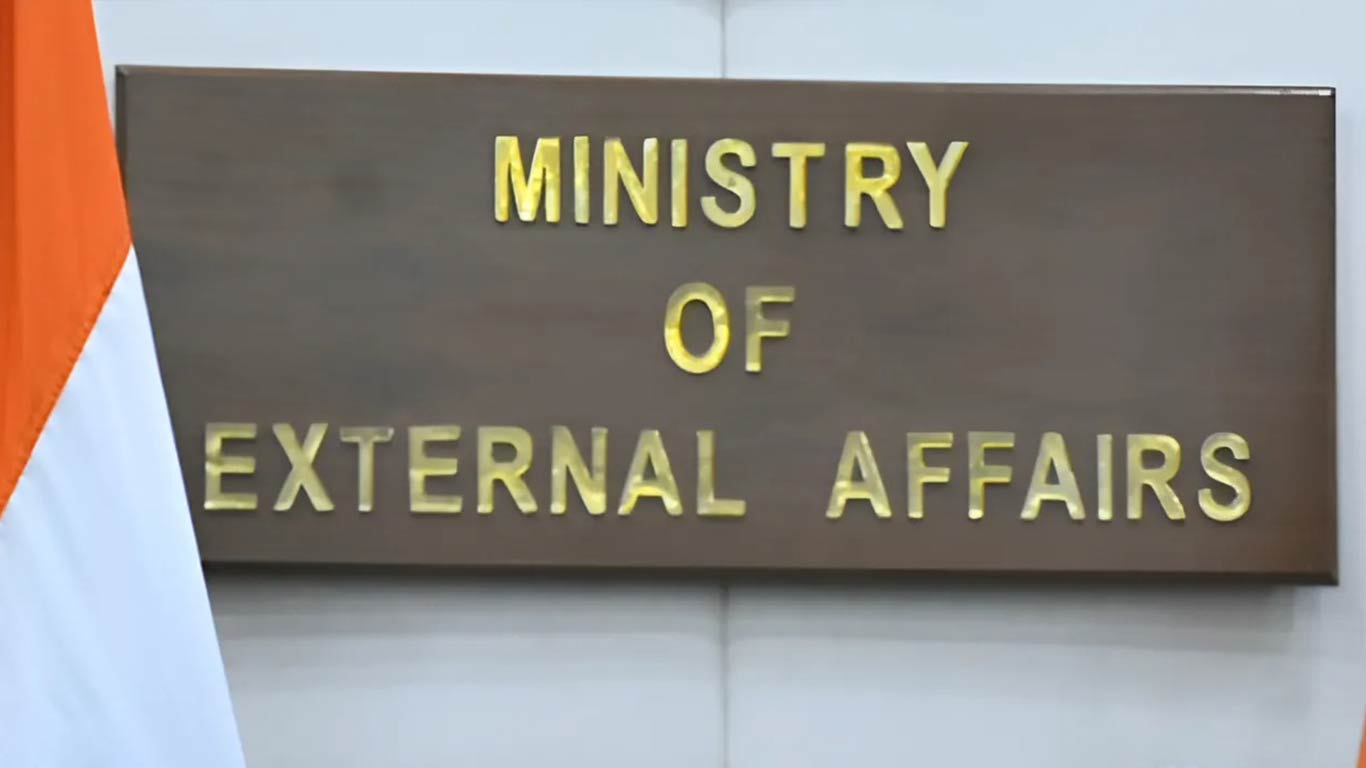Travellers on the look out for socially responsible hotels
Updated: Apr 15, 2013 06:30:06pm

UNEP in collaboration with the Food and Agricultural Organisation (FAO), also a UN body launched a Think Eat Save Campaign in January this year in the UK with an aim to reduce food loss along the entire chain – from farm to fork.
Other objectives of the campaign according to the BBC travel report were to increase awareness of the issue among households across the country and help both individuals and hospitality outlets such as hotels to measure and recycle food waste.
Nuttal considers it a complex issue with far reaching consequences. “If you do not measure or monitor it, you can’t manage it,” he said.
Globally, at least one third of all food produced in wasted each year. With population on the rise constantly and so many extra mouths to feed, there is cause for alarm. Food waste is an issue that cannot be ignored any longer.
Significantly, hotels, resorts, restaurants, cafes and airports are to blame among others as they contribute to a large portion of food waste.
We throw away or waste 1.3 billion tons a year at a cost of USD 1 trillion, according to FAO. In industrialised nations, almost half of the food spoiled – roughly 300 million tons annually – is still fit for consumption. This is more than the total food production of sub-Saharan Africa, and enough to feed the estimated 870 million people currently hungry in the world today.
The UK government has in place a recycling programme called WRAP. Having signed up hotels and restaurants to a campaign to reduce waste, they aim to reduce waste by 5 per cent by 2015, thereby saving considerably in spending. Those that signed up include Accor, Jury’s Inn, Red Carnation and Travelodge hotel groups.
There are some hotels that distribute their unused food to humanitarian organisations and charities. However, much more can be done.
People in rich regions, such as in Europe and North America, consume roughly 900 kg of food every year, and per-capita waste is around 115 kg a year. On the other hand, Southeast Asia and sub Saharan Africa only waste up to 11 kg a year according to FAO.
In the recent years, certain units in the travel industry have been trying to cut down on waste. Some have replaced buffets with an al carte menu for certain meals; there is considerable waste at buffets especially in tropical climates. Some others have resorted to training their kitchen staff in chopping their fruits and vegetables, thus minimizing waste.
Travellers today are well read. They look for socially responsible companies to spend their money on; they ask their tour operators and hotels about their social and environmental policies. (KNN)











